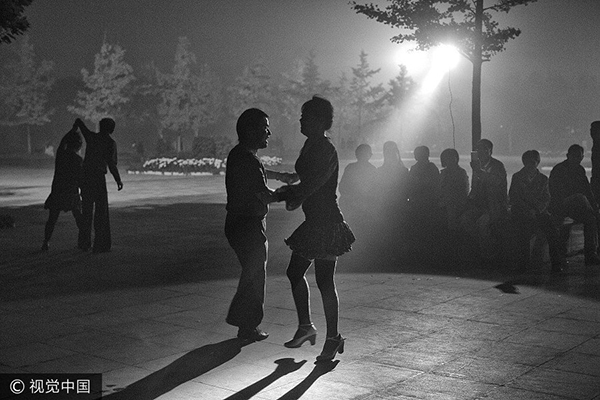Square dancing rules set good example
 |
|
People dance in Beijing, Oct 19, 2016. [Photo/VCG] |
ON MONDAY, the General Administration of Sport issued a detailed document to regulate square dancing, which forbids people square dancing in places such as martyrs' cemeteries or school grounds, while also requiring gymnasiums to allow square dancers access during certain hours. Thepaper.cn comments:
Square dancing must be one of the most popular group activities for senior citizens in China. From metropolises to small cities to rural regions, it is common to see the elderly dancing in groups in squares or any piece of space large enough to hold them.
Yet many complain about the noise and nuisance they create. And there is often news about square dancers "occupying" the basketball courts in communities. Likewise, the elderly dancers often complain that there are very few places they can congregate.
The government has tried to regulate this before. In 2015, several ministries issued a notice on square dancing, but that document only set general principles and lacked any detailed regulations. This time the new document makes a giant progress because it clearly defines rights and responsibilities. The square dancers now know it is forbidden to dance on school grounds and gymnasium managers know they have to allow the dancers to use the facilities for a few hours every day.
When there is any conflict of interest between different groups, balancing the rights of the different parties concerned is the right way to draw up rules and implement them effectively. The rules must be detailed enough so that each group knows clearly its rights and responsibilities.
That's also in accordance with the spirit of the rule of law. Of course, to set the rules is only the first step, and what is needed next is strict enforcement of the rules so that they are effective. Only in this way will people have respect for the law and gain a sense of rules.









